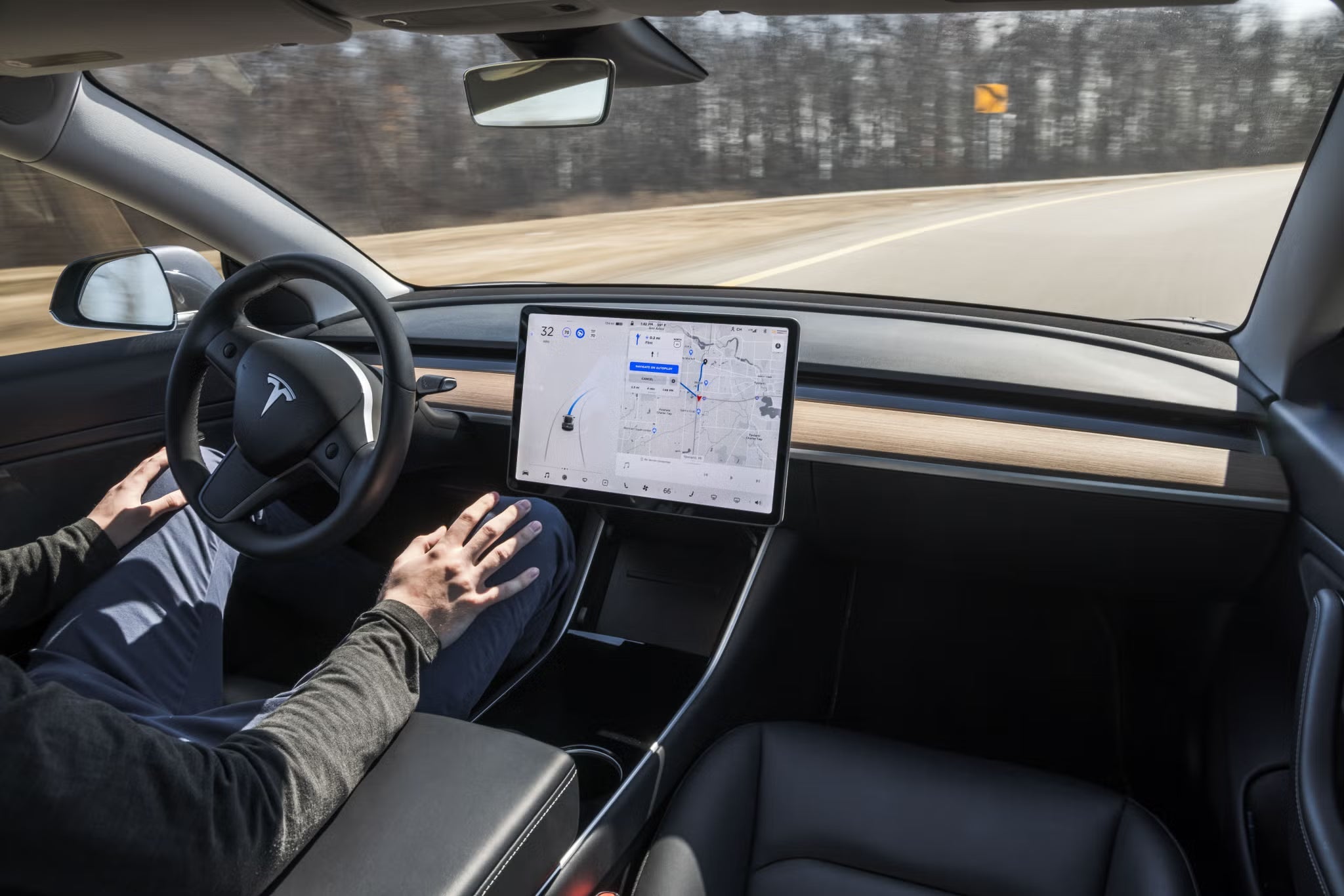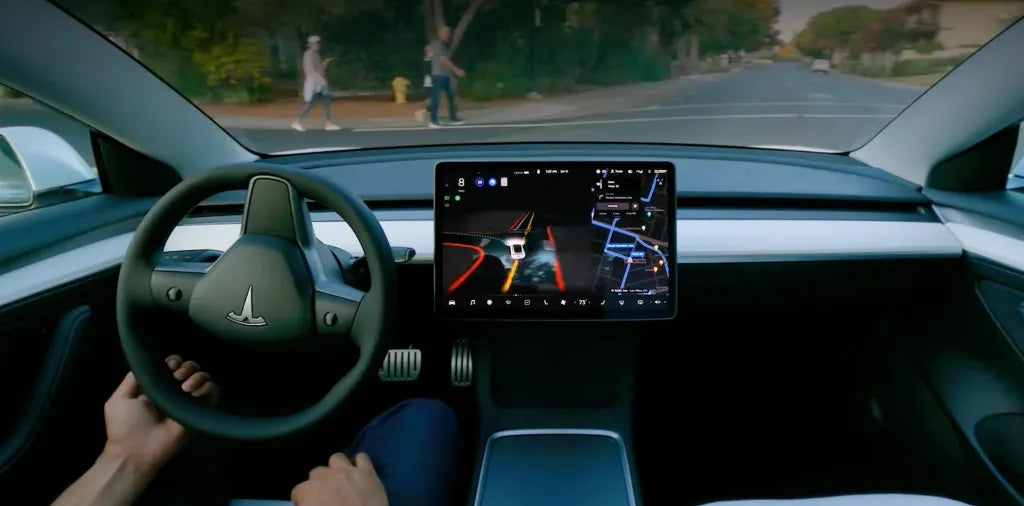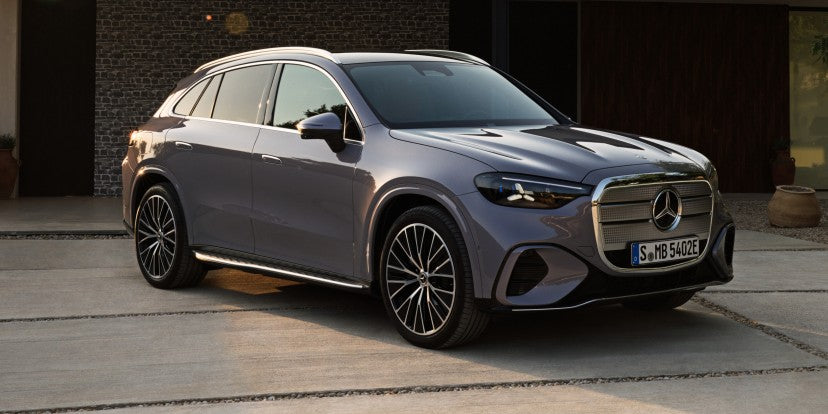Introduction
The electric vehicle (EV) market is evolving rapidly in 2025. With more affordable models, expanding charging infrastructure, and generous incentives, many first-time buyers are considering whether it’s smarter to lease or buy their EV. Both options come with unique financial, lifestyle, and long-term implications. This article provides an in-depth comparison of leasing versus buying an EV, designed specifically for beginners who want to make a confident and informed decision.
1. Understanding the Basics: Leasing vs. Buying an EV
-
Leasing an EV: You essentially rent the car for a set term, typically 2–4 years, with monthly payments that cover depreciation and interest. At the end, you return the vehicle or have the option to purchase it.
-
Buying an EV: You pay full price upfront (or finance with a loan), gaining full ownership of the vehicle. This means you bear long-term costs but also retain long-term value.
Key differences: Leasing has lower upfront costs but no asset ownership, while buying builds long-term equity but requires more financial commitment upfront.
2. Pros of Leasing an EV in 2025
-
Lower monthly payments compared to financing a purchase.
-
Access to the latest EV technology every few years — ideal given rapid battery and software improvements.
-
Warranty coverage throughout the lease term, minimizing repair costs.
-
Federal tax credits often applied by lessor, reducing effective cost without you filing.
-
Flexibility to switch if your lifestyle changes (e.g., moving, job relocation).
3. Cons of Leasing an EV
-
No ownership — you return the car at the end.
-
Mileage limits (usually 10,000–15,000 per year) with costly penalties.
-
Customization restrictions — you cannot modify the car.
-
Potential higher insurance requirements.
-
Long-term cost can exceed buying if you lease multiple EVs in succession.
4. Pros of Buying an EV
-
Ownership and equity — you can drive the car as long as you like.
-
No mileage restrictions, making it ideal for long commutes or frequent road trips.
-
Resale value — as EVs gain popularity, used EVs hold value better than before.
-
Freedom to customize or upgrade.
-
Long-term savings — especially if you keep the car beyond its loan term.
5. Cons of Buying an EV
-
Higher upfront cost (down payment, taxes, fees).
-
Depreciation risk if newer technology makes your car outdated.
-
Battery replacement concerns after warranty ends, though most batteries last 8–12 years.
-
Tied-up capital versus keeping cash free for other investments.
6. Key Financial Factors in 2025
-
Federal and State Incentives: Some rebates may apply only to purchases, while lease companies often apply credits to reduce lease payments.
-
Interest Rates: Higher rates make leasing more attractive, but lower rates favor buying.
-
Insurance Premiums: Often higher for leased cars due to stricter requirements.
-
Resale Market: Demand for used EVs is strengthening, making buying more attractive than in past years.
-
Maintenance Costs: Minimal for both, but warranty coverage tends to fully protect lease holders.
7. Lifestyle Considerations
-
Leasing fits best if:
-
You want the newest EV tech every 2–3 years.
-
You drive fewer miles annually.
-
You value convenience over long-term savings.
-
-
Buying fits best if:
-
You plan to keep your EV for 6+ years.
-
You drive long distances regularly.
-
You want the freedom of ownership and no mileage caps.
-
8. Future-Proofing Your Decision
EV technology is advancing quickly: longer ranges, faster charging, and bidirectional charging features are arriving in mainstream models. Leasing ensures you stay updated, while buying may leave you with a slightly older system in 5–7 years. However, future-proofing can also mean investing in a reliable EV now and taking advantage of growing resale markets later.
9. Real-World Examples (2025 Pricing Scenarios)
-
Leasing Example: A 2025 Hyundai IONIQ 6 might lease for ~$399/month with $2,999 down. Incentives may lower costs further.
-
Buying Example: The same car may cost ~$46,000. With a $7,500 federal tax credit and potential state rebates, the effective cost drops significantly, but monthly loan payments are higher.
10. Final Recommendation for First-Time EV Owners
If you’re new to EVs and unsure about long-term needs, leasing can be a smart entry point — giving you flexibility, lower costs, and access to new technology. If you’re confident in your driving habits, plan to keep a vehicle for many years, and want the best long-term financial value, buying is the better investment.
Ultimately, the decision depends on your lifestyle, budget, and comfort with rapid EV innovation cycles.








Share:
⚡ Do I Need to Upgrade My Electrical Panel for Level 2 Charging? A Beginner’s Guide
⚡ Home Charging vs. Public Charging: What’s Best for New EV Owners?